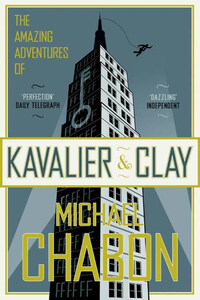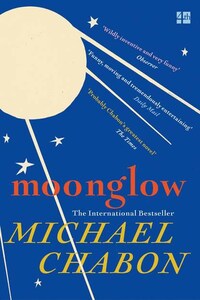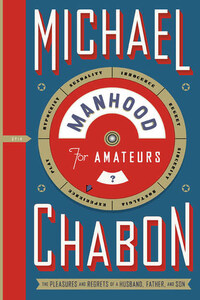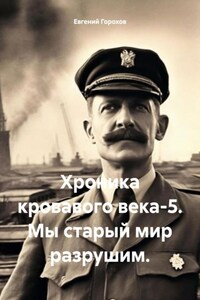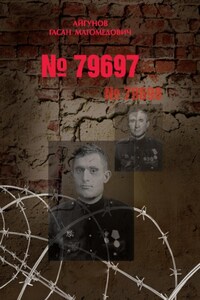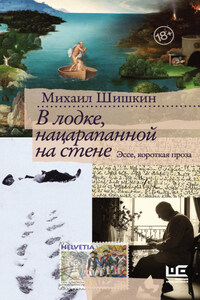IN LATER YEARS, holding forth to an interviewer or to an audience of aging fans at a comic book convention, Sam Clay liked to declare, apropos of his and Joe Kavalier’s greatest creation, that back when he was a boy, sealed and hog-tied inside the airtight vessel known as Brooklyn, New York, he had been haunted by dreams of Harry Houdini. “To me, Clark Kent in a phone booth and Houdini in a packing crate, they were one and the same thing,” he would learnedly expound at WonderCon or Angoulême or to the editor of The Comics Journal. “You weren’t the same person when you came out as when you went in. Houdini’s first magic act, you know, back when he was just getting started. It was called ‘Metamorphosis.’ It was never just a question of escape. It was also a question of transformation.” The truth was that, as a kid, Sammy had only a casual interest, at best, in Harry Houdini and his legendary feats; his great heroes were Nikola Tesla, Louis Pasteur, and Jack London. Yet his account of his role—of the role of his own imagination—in the Escapist’s birth, like all of his best fabulations, rang true. His dreams had always been Houdiniesque: they were the dreams of a pupa struggling in its blind cocoon, mad for a taste of light and air.
Houdini was a hero to little men, city boys, and Jews; Samuel Louis Klayman was all three. He was seventeen when the adventures began: bigmouthed, perhaps not quite as quick on his feet as he liked to imagine, and tending to be, like many optimists, a little excitable. He was not, in any conventional way, handsome. His face was an inverted triangle, brow large, chin pointed, with pouting lips and a blunt, quarrelsome nose. He slouched, and wore clothes badly: he always looked as though he had just been jumped for his lunch money. He went forward each morning with the hairless cheek of innocence itself, but by noon a clean shave was no more than a memory, a hoboish penumbra on the jaw not quite sufficient to make him look tough. He thought of himself as ugly, but this was because he had never seen his face in repose. He had delivered the Eagle for most of 1931 in order to afford a set of dumbbells, which he had hefted every morning for the next eight years until his arms, chest, and shoulders were ropy and strong; polio had left him with the legs of a delicate boy. He stood, in his socks, five feet five inches tall. Like all of his friends, he considered it a compliment when somebody called him a wiseass. He possessed an incorrect but fervent understanding of the workings of television, atom power, and antigravity, and harbored the ambition—one of a thousand—of ending his days on the warm sunny beaches of the Great Polar Ocean of Venus. An omnivorous reader with a self-improving streak, cozy with Stevenson, London, and Wells, dutiful about Wolfe, Dreiser, and Dos Passos, idolatrous of S. J. Perelman, his self-improvement regime masked the usual guilty appetite. In his case the covert passion—one of them, at any rate—was for those two-bit argosies of blood and wonder, the pulps. He had tracked down and read every biweekly issue of The Shadow going back to 1933, and he was well on his way to amassing complete runs of The Avenger and Doc Savage.
The long run of Kavalier & Clay—and the true history of the Escapist’s birth—began in 1939, toward the end of October, on the night that Sammy’s mother burst into his bedroom, applied the ring and iron knuckles of her left hand to the side of his cranium, and told him to move over and make room in the bed for his cousin from Prague. Sammy sat up, heart pounding in the hinges of his jaw. In the livid light of the fluorescent tube over the kitchen sink, he made out a slender young man of about his own age, slumped like a question mark against the door frame, a disheveled pile of newspapers pinned under one arm, the other thrown as if in shame across his face. This, Mrs. Klayman said, giving Sammy a helpful shove toward the wall, was Josef Kavalier, her brother Emil’s son, who had arrived in New York tonight on a Greyhound bus, all the way from San Francisco.
“What’s the matter with him?” Sammy said. He slid over until his shoulders touched cold plaster. He was careful to take both of the pillows with him. “Is he sick?”
“What do you think?” said his mother, slapping now at the vacated expanse of bedsheet, as if to scatter any offending particles of himself that Sammy might have left behind. She had just come home from her last night on a two-week graveyard rotation at Bellevue, where she worked as a psychiatric nurse. The stale breath of the hospital was on her, but the open throat of her uniform gave off a faint whiff of the lavender water in which she bathed her tiny frame. The natural fragrance of her body was a spicy, angry smell like that of fresh pencil shavings. “He can barely stand on his own two feet.”
